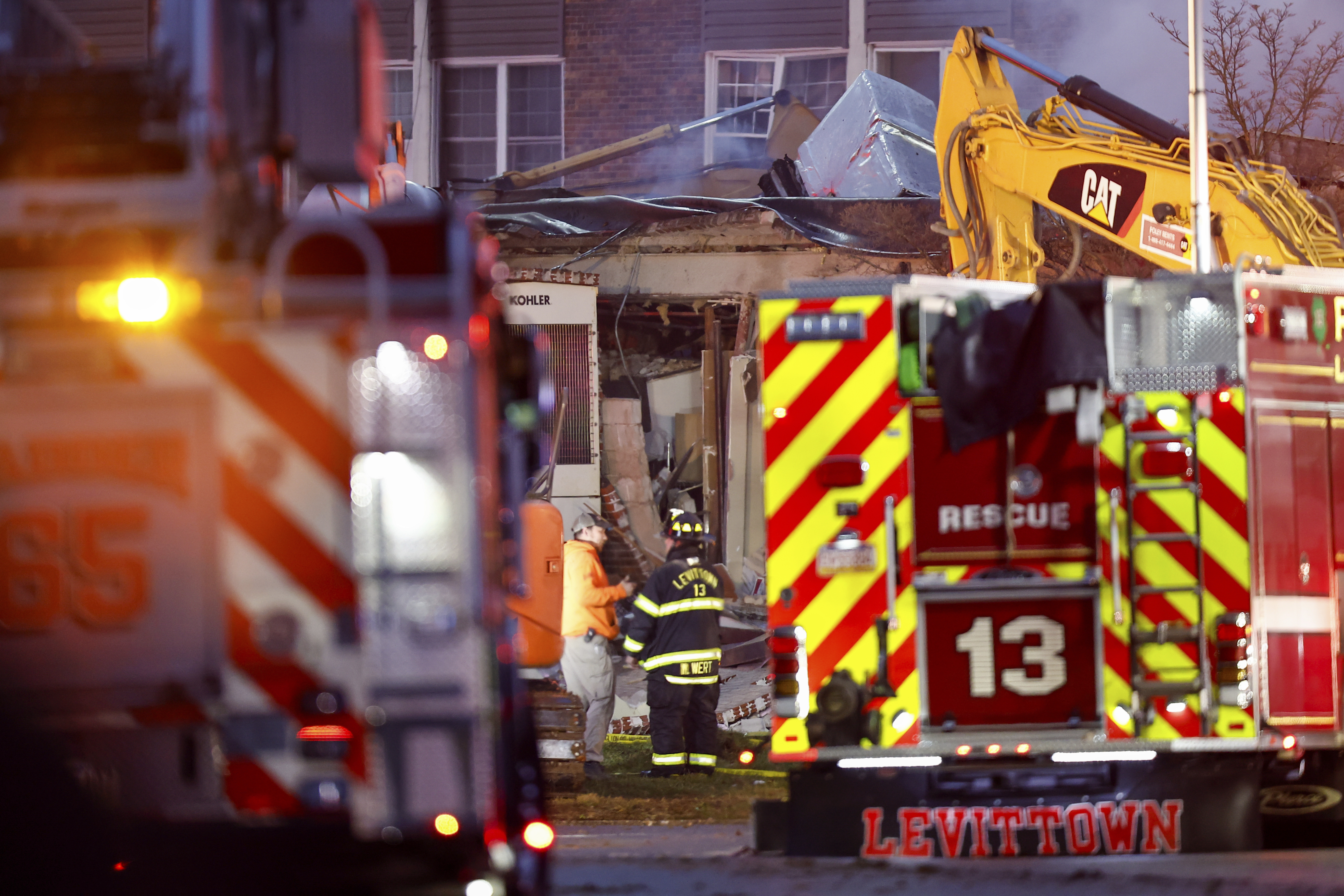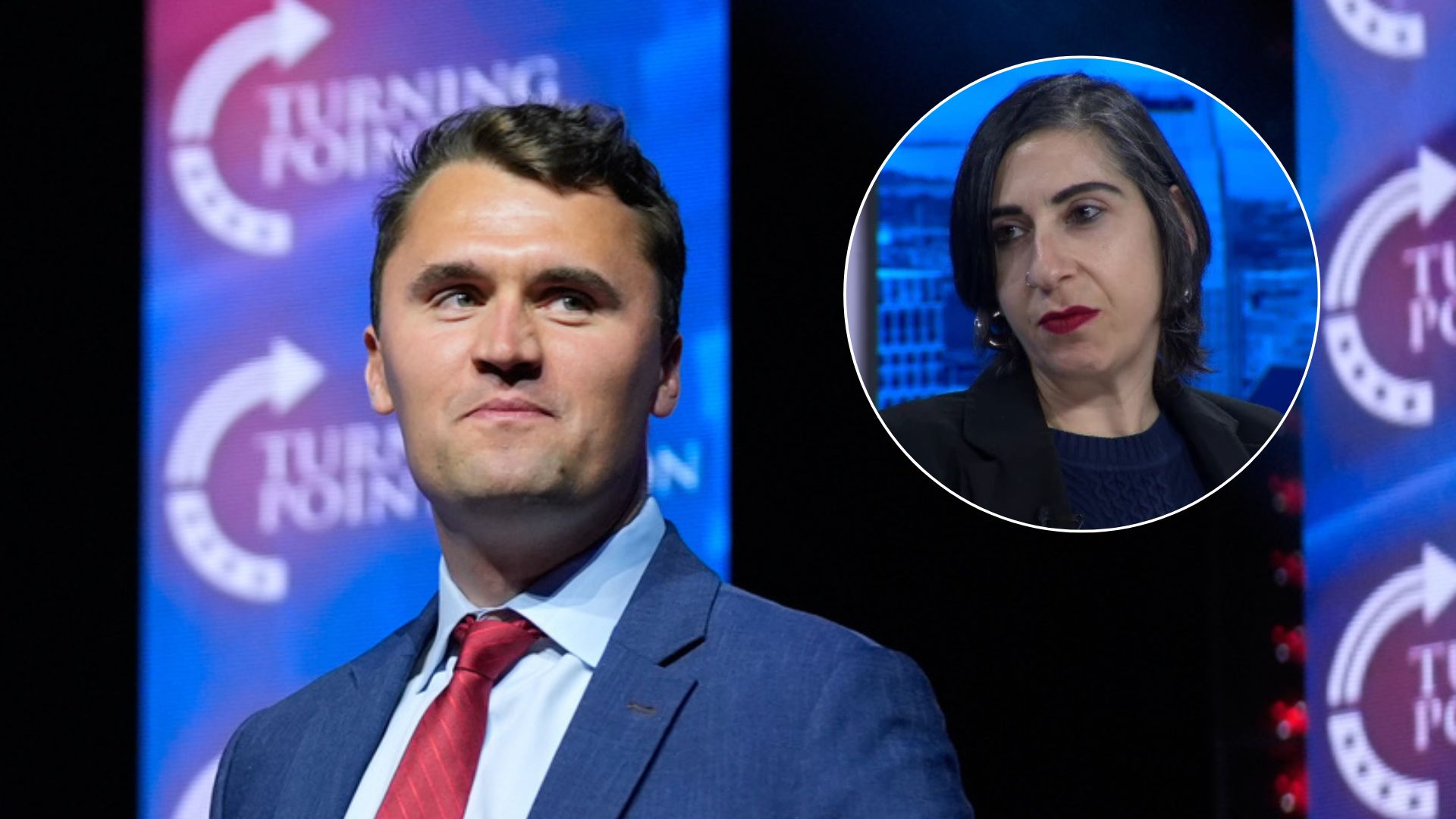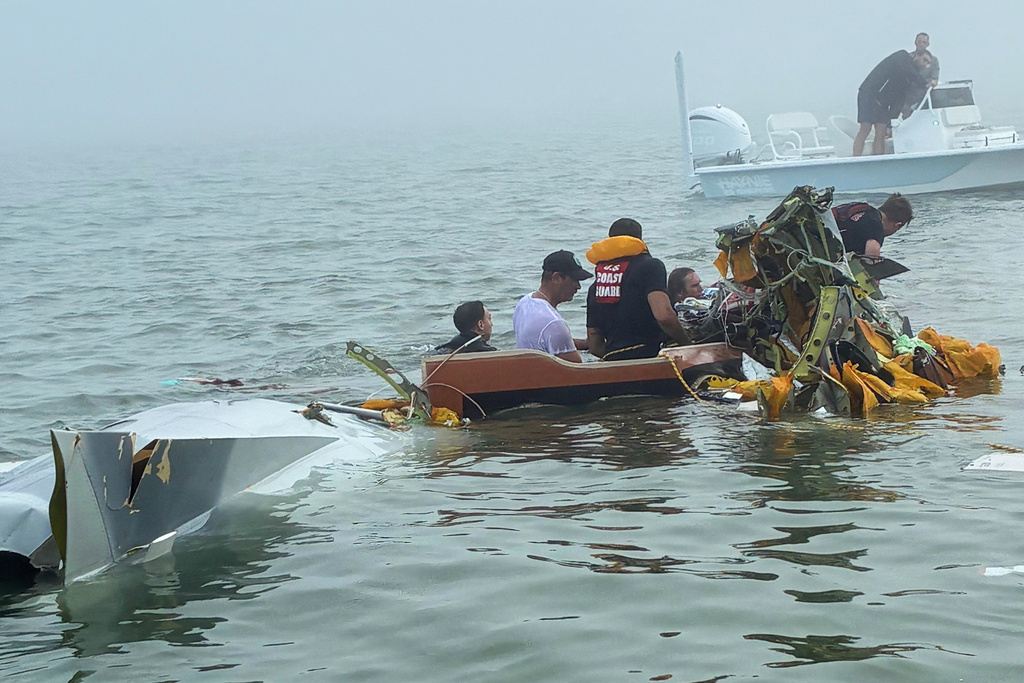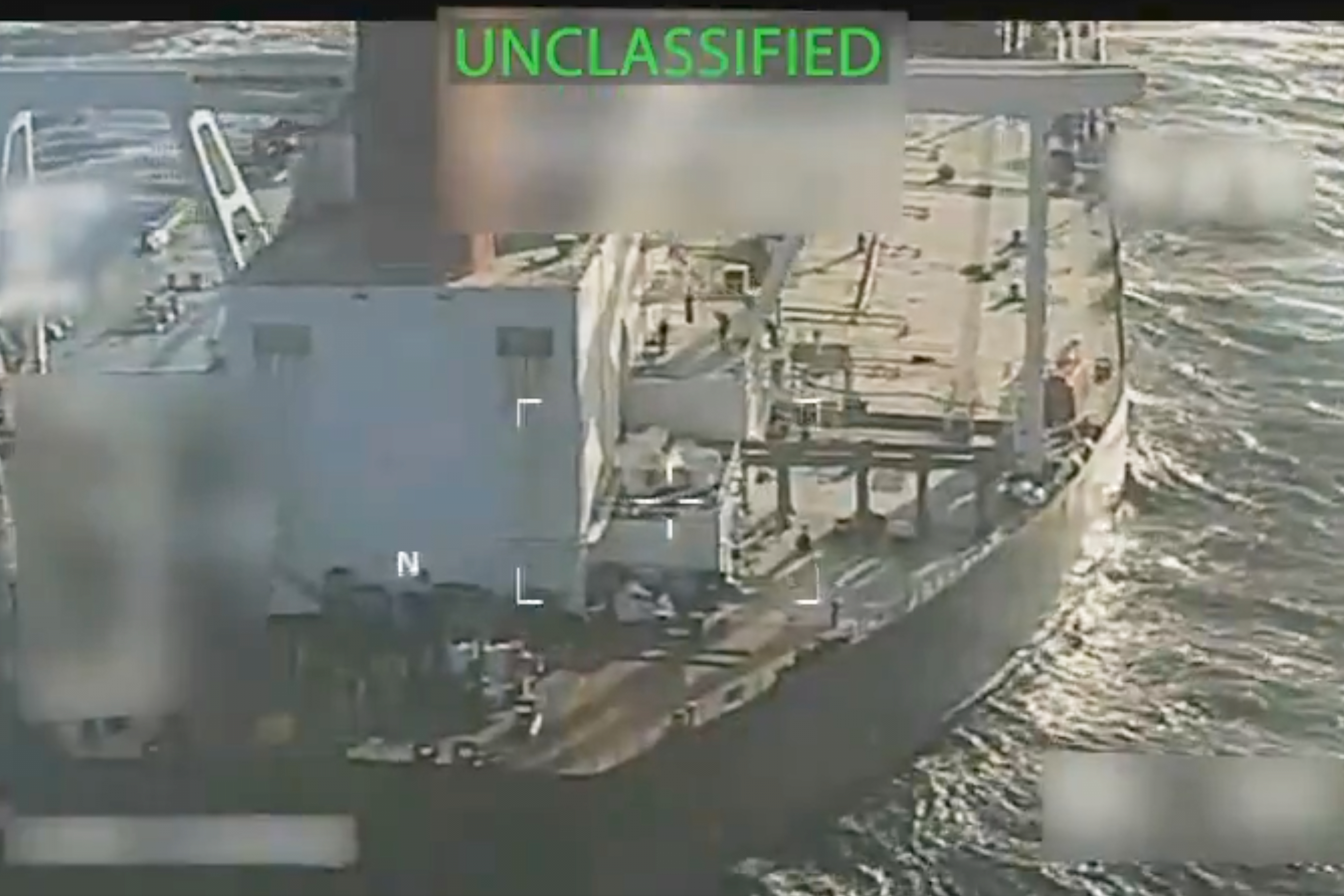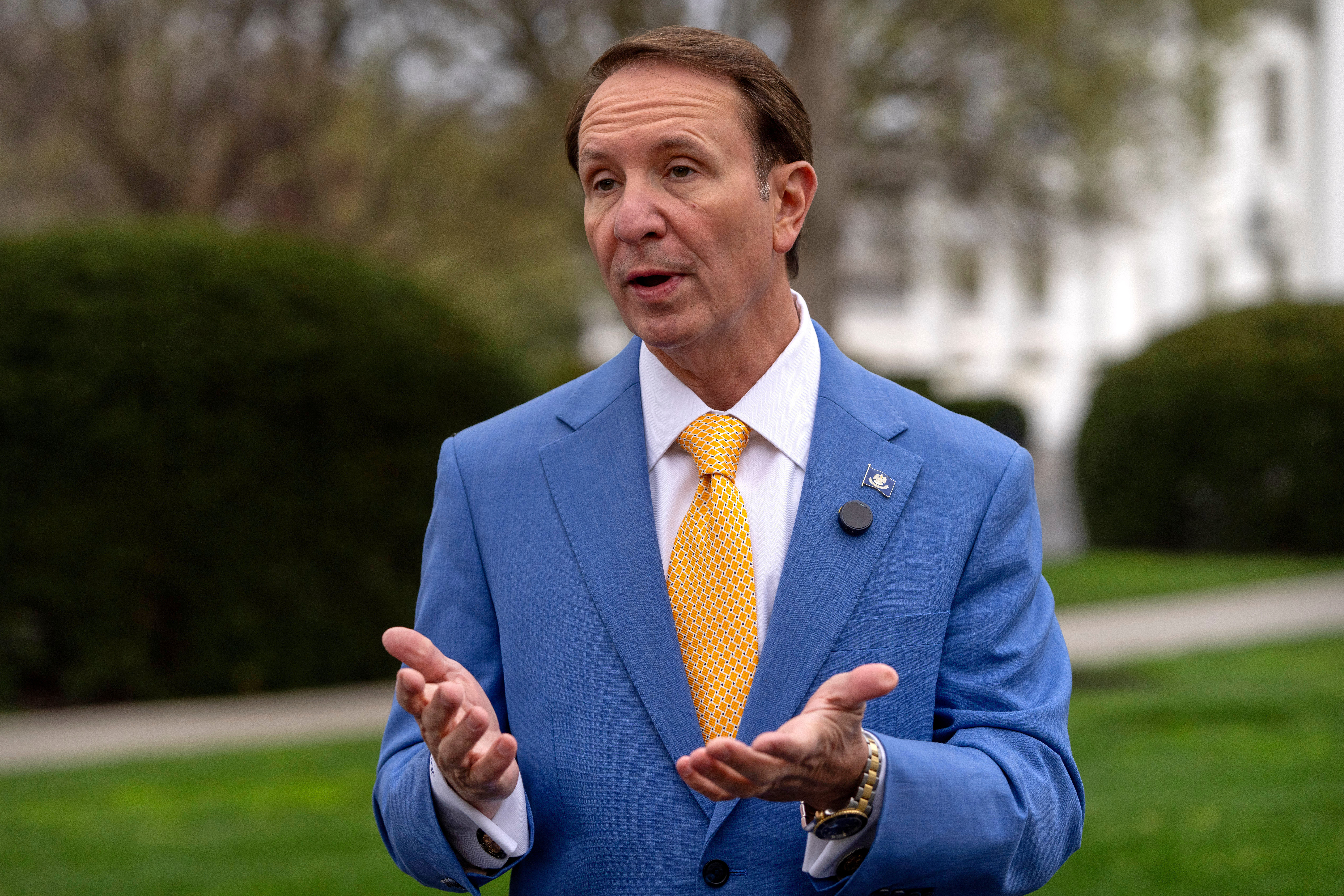It's the first mention of Ukraine we've heard from Vladimir Putin in weeks — the Russian president says he has no plans to annex Ukraine's Crimea region, but he didn't exactly rule out the possibility.
Ukraine says about 16,000 Kremlin-directed troops have invaded the country's semi-autonomous region of Crimea. A tense standoff Tuesday between Russian and Ukrainian soldiers at Belbek airforce base threatened to erupt in the conflict's first bloodshed. (Via Euronews)
Putin in his news conference Tuesday denied these were his troops, instead claiming they were local forces loyal to Russia. He also said he hopes he doesn't have to send troops into eastern Ukraine, but if he did, he'd have the right to. So, what to make of that? (Via BBC)
The New Republic's Moscow correspondent Julia Ioffe writes "That was Putin dancing around and trying, as always, to keep all options open." (Via Twitter / JuiliaIoffe)
If you’re wondering whether there's a legal basis for the military intervention Putin alluded to, it’s murky. The U.S., Russia, Ukraine and U.K. signed an agreement in 1994 pledging not use force against Ukraine.
Russia says military intervention is necessary to protect Crimea’s ethnic Russian population from so-called radical extremists. Western leaders have balked at that notion. (Via ITN)
During his news conference, Putin pointed out what many in the media already have — the U.S.’s perceived credibility problem when it comes to Ukraine. Putin said the U.S. acted in Iraq, Libya and Afghanistan either by “twisting” U.N. resolutions or acting without one. (Via RT, The Washington Post, ABC)
He also repeated the claim that Yanukovych is the legitimate leader of Ukraine and that protests that toppled him amounted to a coup. (Via Channel 4)
While Congress considers sanctions against Russia, Secretary of State John Kerry arrived in Kiev Tuesday. He said recently all options are on the table.



